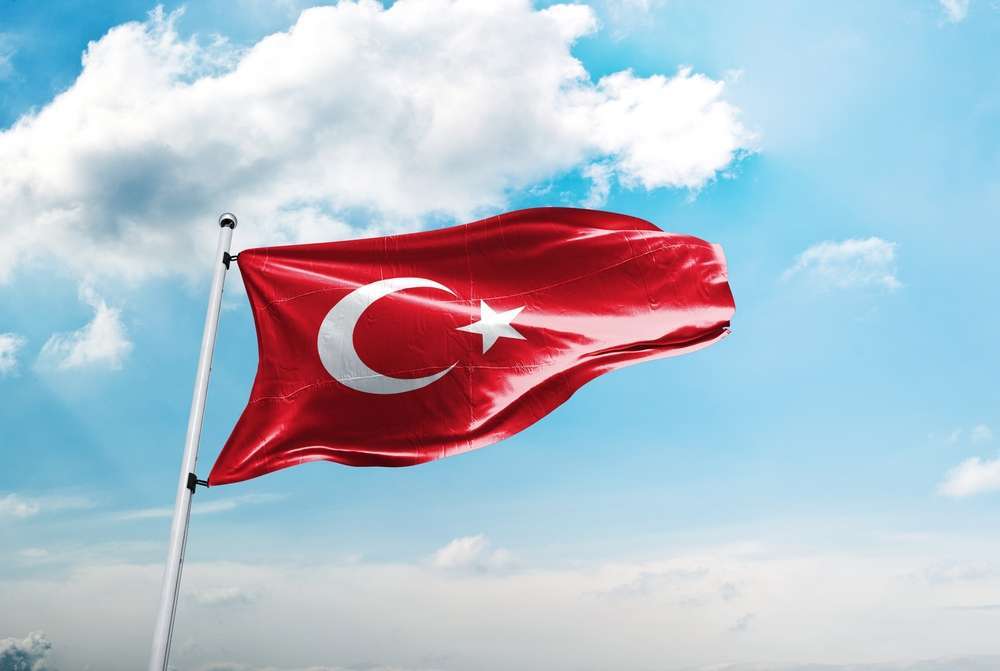Turkey, with its unique geographical location bridging Europe and Asia, has long served as a cultural crossroads where East meets West, and diverse traditions converge to create a rich tapestry of heritage and identity. From ancient civilizations and imperial dynasties to contemporary arts and culinary traditions, Turkey’s cultural landscape reflects the influences of countless civilizations and peoples who have called this land home. In this article, we’ll delve into the vibrant mosaic of Turkey’s cultural heritage, celebrating the diversity that defines the country’s identity and enriches its cultural legacy.
Legacy of the Anatolian Civilizations
Anatolia, the land that is now modern-day Turkey, has been inhabited by numerous civilizations throughout history, leaving behind a legacy of architectural marvels, artistic masterpieces, and cultural traditions that continue to shape the region’s identity to this day. From the Hittites and Phrygians to the Greeks and Romans, Anatolia was a melting pot of cultures, where ideas, beliefs, and artistic styles intermingled to create a rich and diverse cultural heritage.
TURKEY VISA FOR PAKISTAN CITIZENS
Influence of the Byzantine and Ottoman Empires
The Byzantine and Ottoman empires, which ruled over Anatolia for centuries, further enriched Turkey’s cultural landscape with their contributions to art, architecture, literature, and cuisine. From the majestic domes and mosaics of Byzantine churches to the ornate mosques and palaces of the Ottoman era, Turkey’s architectural heritage bears witness to the grandeur and sophistication of these imperial civilizations.
Cultural Festivals and Celebrations
Today, Turkey is home to a vibrant tapestry of cultural traditions, festivals, and celebrations that reflect the country’s diverse heritage and identity. From the colorful parades and street performances of the International Istanbul Biennial to the traditional music and dance festivals of Anatolia, Turkey offers a wealth of opportunities to experience the rich tapestry of its cultural diversity firsthand.
Artisanal Crafts and Handicrafts
Artisanal crafts and handicrafts play a vital role in preserving Turkey’s cultural heritage and promoting sustainable livelihoods for local communities. From carpet weaving and pottery making to calligraphy and tile work, Turkey’s artisans continue to practice traditional crafts passed down through generations, creating exquisite works of art that showcase the country’s cultural richness and artistic craftsmanship.
The Fusion of Flavors and Culinary Traditions
Turkish cuisine is a reflection of the country’s cultural diversity and historical legacy, with influences from the Mediterranean, Middle East, Central Asia, and Balkans. From savory kebabs and mezes to aromatic spices and sweets, Turkish cuisine offers a tantalizing fusion of flavors and culinary traditions that delight the senses and satisfy the soul.
Regional Specialties and Culinary Delights
Each region of Turkey boasts its own unique culinary specialties and traditional dishes, reflecting the diverse landscapes, climates, and cultural influences that shape the country’s gastronomic heritage. From the seafood delicacies of the Aegean and Mediterranean coasts to the hearty stews and breads of Anatolia and the rich desserts and pastries of Istanbul, Turkey’s culinary diversity is a testament to its cultural richness and culinary creativity.
Heritage Conservation and Preservation
Preserving Turkey’s cultural diversity and heritage requires proactive conservation efforts to protect historic sites, monuments, and cultural artifacts from damage, destruction, and decay. This includes initiatives to restore and maintain architectural landmarks, archaeological sites, and traditional villages, as well as measures to safeguard intangible cultural heritage such as folk music, dance, and oral traditions.
Turkey Visa for Grenadian Citizens
Promoting Intercultural Dialogue and Understanding
Promoting intercultural dialogue and understanding is essential for fostering harmony and cooperation among Turkey’s diverse communities and promoting mutual respect and appreciation for different cultures and traditions. Through cultural exchange programs, educational initiatives, and grassroots collaborations, Turkey can create opportunities for people from diverse backgrounds to come together, share their experiences, and learn from one another.
Conclusion
Turkey’s cultural diversity is a source of strength and resilience that enriches the country’s cultural landscape and fosters a sense of belonging and identity among its people. By celebrating Turkey’s cultural crossroads, embracing its heritage, and promoting cultural diversity and understanding, we can ensure that Turkey’s rich tapestry of cultural traditions and heritage continues to thrive and inspire future generations for years to come.
Read more: Budget Travel Tips for Exploring India on a Shoestring

